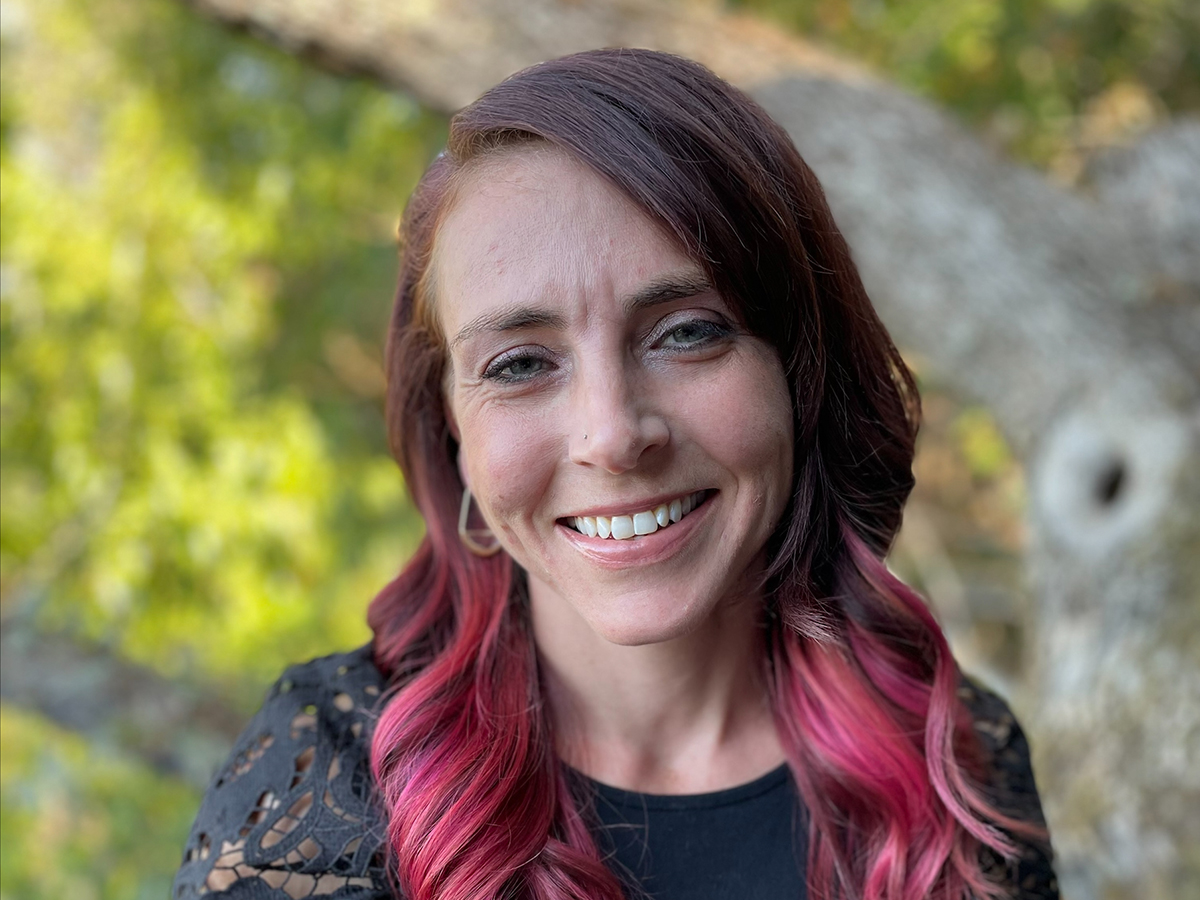 The Institute for Global Health Sciences (IGHS) has appointed Teresa Kortz, MD, MS (’15), to lead its 300-strong Affiliate Program. Kortz, an associate professor of pediatrics, takes the reins from Michael Lipnick, MD, who has led the program since its inception in 2016.
The Institute for Global Health Sciences (IGHS) has appointed Teresa Kortz, MD, MS (’15), to lead its 300-strong Affiliate Program. Kortz, an associate professor of pediatrics, takes the reins from Michael Lipnick, MD, who has led the program since its inception in 2016.
After finishing a residency in pediatrics and a fellowship in critical care at Stanford University, Kortz opted for a career path that would prioritize her global research on how best to identify and treat children with severe febrile illness, or life-threatening infections. She received an MS from the IGHS MS in Global Health Sciences program in 2015 and is currently pursuing a PhD in the Global Health Sciences program. Kortz also works as a critical care attending physician at Benioff Children’s Hospital. She has worked closely with Lipnick at UCSF’s WHO Collaborating Center for Emergency, Critical and Operative Care.
“IGHS has been incredibly lucky to have Dr. Lipnick’s commitment and energy devoted to this program over the past seven years,” said Jaime Sepulveda, MD, DSc, MPH, the executive director of IGHS. “Now we have almost an embarrassment of riches welcoming another creative and energetic leader into the role.”
The IGHS Affiliate Program started in 2016 to build support for the growing number of UCSF faculty working on issues of global health equity. In 2020, IGHS added a Global Affiliate Program to support non-UCSF faculty collaborators as well. The 300-plus affiliates, representing all of UCSF’s schools and an array of global sites, are engaged in research, education, policy, and clinical work related to global health equity.
Kortz’s vision for the faculty affiliate program is squarely in line with the Institute’s: “I think IGHS should be the global health community center for UCSF,” she said. “The first part is having everybody see IGHS taking on that functional role.”
A wide range of significant global health research efforts is underway at UCSF. Unfortunately, many are relatively siloed within a given investigator’s home department. Without more shared expertise, logistics and sometimes even research can be duplicated. Kortz aims to “break down those walls to make this a broader UCSF community of global health work,” she said.
She will build on Lipnick’s work in connecting members of the program, both through an online search portal of global projects and investigators and with newly possible in-person events.
“You really can’t replicate the connections that people have when they find they share a common interest,” she said. “It’s about making an environment where those conversations happen.”
Interested faculty members may learn about the benefits and requirements of the program on the Affiliate Programs webpage.